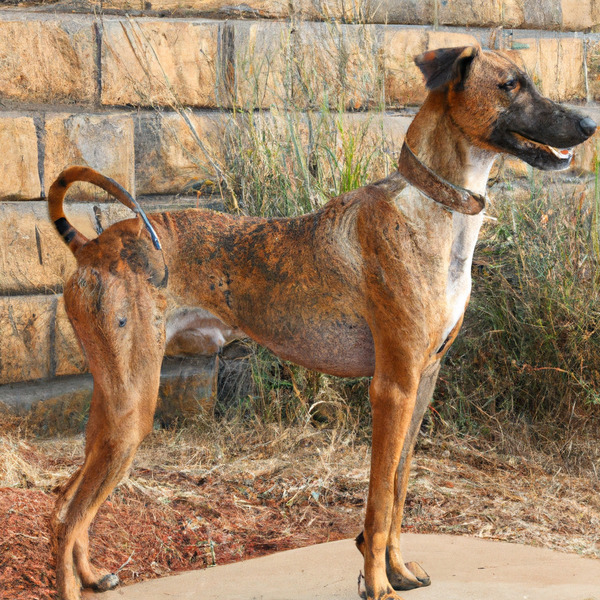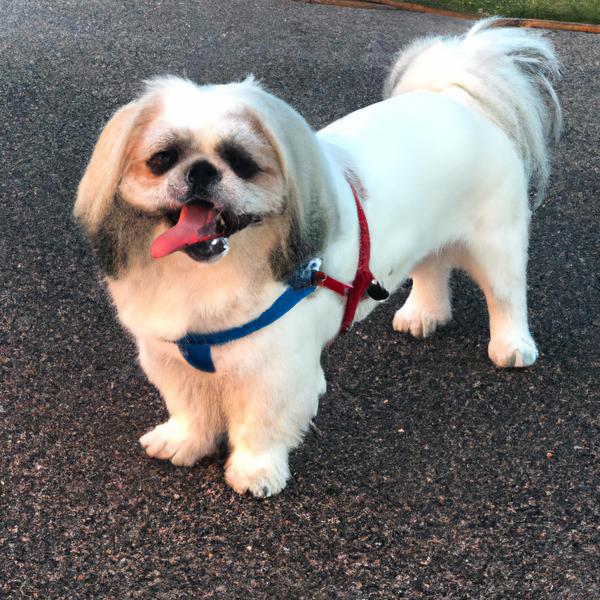Africanis vs. Silkytie: Breed Differences and Similarities
Hypoallergenic
Are Africaniss or Silkyties hypoallergenic, or neither?
Unfortunately, neither Africanis nor Silkytie are hypoallergenic, which may not make them the best choice for dog lovers who suffer from pet allergies.
Temperament
What are the personalities of Africanis and Silkytie dogs?
Friendly
Territorial
Watchful
Independent
Trainable
Protective
Affectionate
Obedient
Playful
Alert
Intelligent
Friendly
Responsive
Affectionate
Quick
Lively
Gentle
Joyful
Inquisitive
Shedding Level
Do Africaniss shed more than Silkyties, or which breed sheds more, Africaniss or Silkyties?
Africanis or Silkytie dogs are low shedders. The coat sheds an average amount and doesn't require much care.
Origin
What is the origin of Africanis and Silkytie dog breeds?
Africa
United States
Ancestry
What are the origins of Africanis and Silkytie breeds?
Unknown Hound and Pariah-type Dogs
Shetland Sheepdog and Silky Terrier
Date of Birth
When were Africanis and Silkytie breeds first developed?
Ancient Times
Unknown
Eye Color Possibilites
What are the eye colors of Africanis and Silkytie dogs?
Brown
Amber
Brown
Nose Color Possibilites
What are the natural nose colors of Africanis and Silkytie?
Black
Black
Coat Color Possibilites
What are the natural colors of the coat for Africanis and Silkytie breeds?
Black
Gray
Brown
Red
Cream
Isabella
Fawn
Silver
White
Pied
Sable
Brindle
Black
Gray
Silver
Cream
White
Brown
Red
Fawn
Coat Length
What is the typical coat length for Africanis and Silkytie breeds?
Africaniss have short coats.
Silkyties are known for their coat length.
Coat Density
What is the density of the coat of Africanis and Silkytie?
Coat Texture
What is the hair texture of Africanis and Silkytie?
Straight
Litter Size
What is the usual litter size for Africanis and Silkytie?
An Africanis can have a litter of 10-12 puppies on average. However, it's worth noting that the size of the litters can vary greatly. Factors that can influence litter size include the health of the mother, breeding history, and genetics.
A Silkytie can have a litter of 4-6 puppies on average. However, it's worth noting that the size of the litters can vary greatly. Factors that can influence litter size include the health of the mother, breeding history, and genetics.
Adaptability
Africaniss have average adaptability to changes in lifestyle and living environments compared to other breeds.
Silkyties are known for their adaptability and can adjust well to different environments and lifestyle changes.
Health Issues
Between Africanis and Silkytie, which breed is more prone to health problems?
Africaniss are susceptible to health issues like all breeds, so it's important to monitor their health and seek veterinary care when needed.
While the Silkytie breed is generally healthy, occasional vet check-ups are still necessary to address any health concerns.
Major Concerns
What are the major health concerns for Africanis and Silkytie breeds?
Dermoid Sinus
Hip Dysplasia
Legg-Calve Perthes Disease
Minor Concerns
What minor health issues should be kept in mind when owning Africanis and Silkytie?
Usually Very Healthy
Cataracts
Allergies
Diabetes
Hypothyroidism
Progressive Retinal Atrophy (PRA)
Collie Eye Anomaly (CEA)
Occasional Tests
What occasional tests are recommended for Africanis and Silkytie breeds?
Eye Examination
X-rays or other radiographic imaging
Myelography (Dye And X-Ray to Assess The Spinal Cord)
Eye Examination
Radiographs
Blood Sugar and Thyroid Tests
Social Needs
Africanis vs Silkytie social needs comparison
Africanis and Silkytie have above average social needs compared to other breeds. They thrive in environments where they have a lot of interaction with humans and other dogs.
Sleeping Need
Which of the two sleeps the most/least: Africanis or Silkytie?
Africaniss sleep less than other breeds but still need adequate sleep for good health.
Silkyties have moderate energy levels and typical sleep patterns of 12-14 hours per day.
Mouthiness
Mouthiness Comparison: Africanis vs Silkytie?
Roaming urge
Africanis vs Labrador: Running away tendency?
Prey Drive
Africanis or Silkytie - which breed has a higher level of prey drive?
Activity Level
Which breed has higher energy, Africaniss or Silkyties?
Both Africanis and Silkytie are medium-energy dogs that enjoy socializing and playing with other dogs. They may engage in casual or sustained games of chase, and occasionally have bursts of barking or racing around the house.
Tolerance of being left alone
Walks per Week
How many miles should Africanis or Silkytie walk each week?
There's really no limit to how far you walk your dog as long as they're comfortable. For Africanis, it's at least 16 miles / week. Just remember to build distance and stamina gradually over time.
There's really no limit to how far you walk your dog as long as they're comfortable. For Silkytie, it's at least 8 miles / week. Just remember to build distance and stamina gradually over time.
Activity per Day
Do Africaniss or Silkyties require more exercise?
In general most Africaniss usually need at least 90 minutes of exercise daily. This can be spread across the day and include all sorts of high-energy activities, like walking, running and playing.
In general most Silkyties usually need at least 30 minutes of exercise daily. This can be spread across the day and include all sorts of high-energy activities, like walking, running and playing.
Grooming
Which breed is easier to maintain in terms of grooming, Africaniss or Silkyties?
The Africanis has low grooming needs and is easy to maintain.
Silkyties have high grooming needs, requiring regular trims and professional grooming assistance to keep their coat healthy.
Brushing Frequency
What is the recommended brushing frequency for Africanis and Silkytie dogs?
Africanis and Silkytie should be brushed at least once a week. Of course, you can give them more frequent brushes if you find that they are still shedding a lot.
Brushing Tools
What brushing tools are used for Africaniss and Silkyties?
Slicker Brush
Nail Clipper
Pin Brush
Slicker Brush
Nail Clipper
Cups
How much food should be given to Africanis or Silkytie in cups?
For an average 55-100 pound (25 - 45 kg) Africanis feed 2.5 cups daily. But, keep in mind, the amount you feed is going to be dependent on the quality of the food you are feeding.
For an average 10-20 pound (5 - 9 kg) Silkytie feed 1 cups daily. But, keep in mind, the amount you feed is going to be dependent on the quality of the food you are feeding.
Daily Cost
Which breed has a higher daily cost, Africanis or Silkytie?
The average cost of an Africanis is somewhere $2.10 - $2.70 per day.
The average cost of a Silkytie is somewhere $1.40 - $1.70 per day.
Monthly Cost
Which breed has a higher monthly cost, Africanis or Silkytie?
The average per month expenses of an Africanis is between $48 - $63. This makes an average of $576 - $756 per year. It will be on the higher side when the dog is still small because it will need more frequent visits to the vet, shots.
The average per month expenses of a Silkytie is between $35 - $42. This makes an average of $420 - $504 per year. It will be on the higher side when the dog is still small because it will need more frequent visits to the vet, shots.
Sensitivity Level
How do Africanis and Silkytie compare in sensitivity?
Africaniss have average emotions and adapt well to different situations.
This breed is sensitive to its environment and best suited for patient and understanding families with a consistent routine.
Apartment Friendly
Which breed is more apartment-friendly: Africanis or Silkytie?
Africaniss can do well in apartments with enough exercise and time outside, but a small yard would be ideal.
The Silkytie is a great apartment dog, thriving with sufficient exercise and time outside as part of their daily routine.
Child Friendly
Do Africaniss or Silkyties have a friendlier temperament towards children?
Africanis and Silkytie are kid-friendly dogs. They are good with children and excellent dogs with children if they are socialized and trained at a young age.
Senior-friendly
Which dog is more suitable as a pet for the elderly - Africanis or Silkytie?
Cat Friendly
Do Africanis or Silkytie breeds have a better compatibility with cats?
Africaniss and Silkyties are one of the best dogs for cats. They accept cats readily as part of the family. However, this dog breed should be trained to not chase after the kitty early on
Dog Friendly
Which breed is more sociable with other dogs: Africanis or Silkytie?
{Africaniss and Silkyties are average friendly towards other dogs. If they are raised with other dogs, they are likely to get along with them. And, if they are socialized properly from a young age, they will usually be great with other dogs.
Pet friendly
How do Africanis or Silkytie dogs interact with other pets?
Stranger Friendly
Which breed is more friendly with strangers: Africanis or Silkytie?
Africanis and Silkytie are average friendly around strangers. They can be wary around strangers and a little standoffish, so early socialization is key to ensure they are comfortable around new people.
Playfulness
Which breed is more playful between Africanis and Silkytie?
Africanis and Silkytie are playful dogs. So, no matter how busy the day may get, the best thing you can do for Africanis and Silkytie is to make time each day to play. It can be as little as 15-20 minutes, and it will mean the world to them.
Trainability
How do the trainability levels of Africaniss and Silkyties compare?
Africanis and Silkytie dogs are known for their ease of training and ability to learn quickly, making them a popular choice for pet owners and trainers alike.
Compare Africanis with other breeds
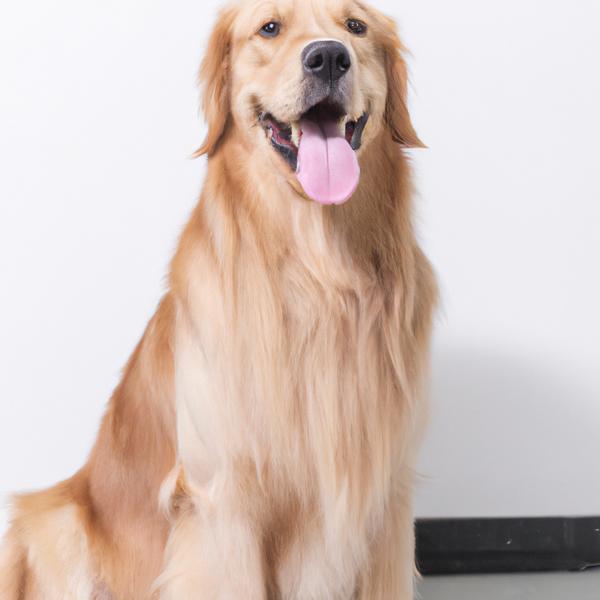
Golden Retriever
Africanis vs Golden Retriever

Irish Russian Spanterrier
Africanis vs Irish Russian Spanterrier

Treeing Walker Coonhound
Africanis vs Treeing Walker Coonhound
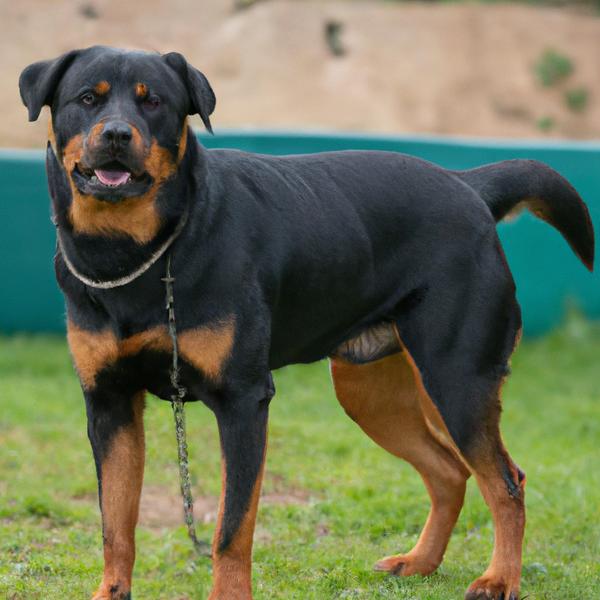
Rottie Shepherd
Africanis vs Rottie Shepherd
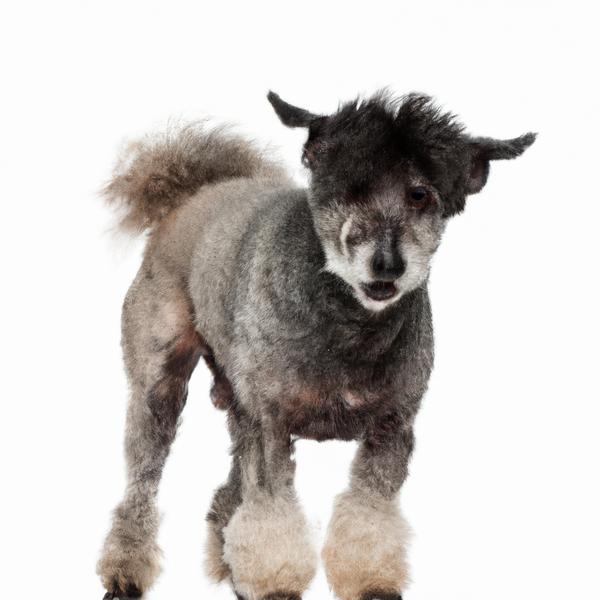
Pumi
Africanis vs Pumi
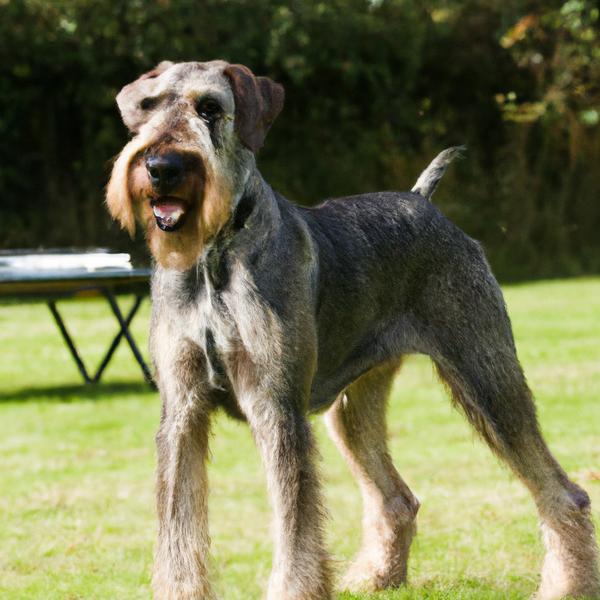
Standard Wauzer
Africanis vs Standard Wauzer
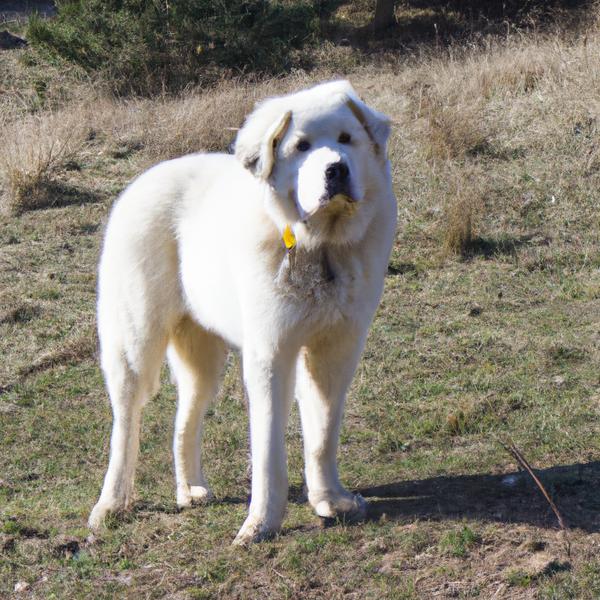
Saint Pyrenees
Africanis vs Saint Pyrenees
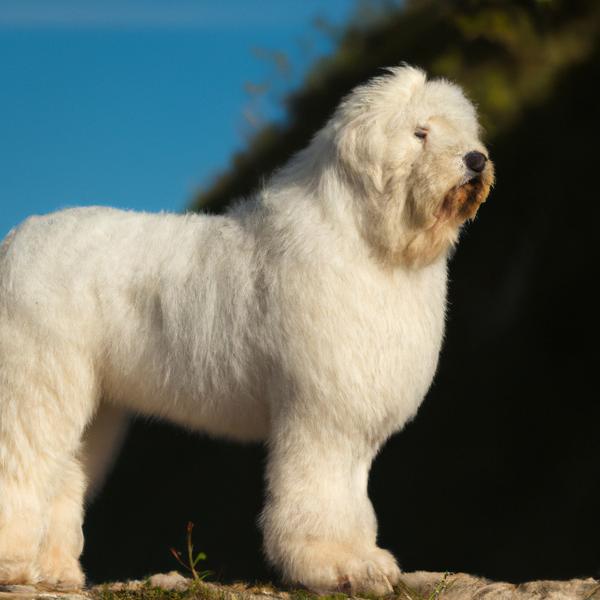
Italian Daniff
Africanis vs Italian Daniff
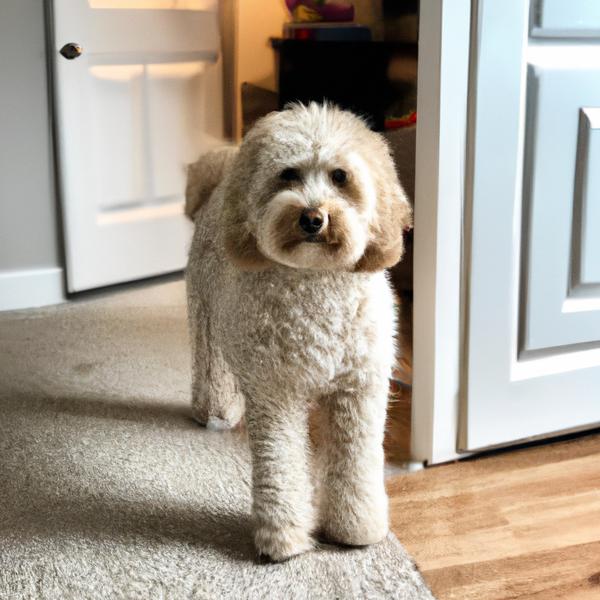
Ttoodle
Africanis vs Ttoodle
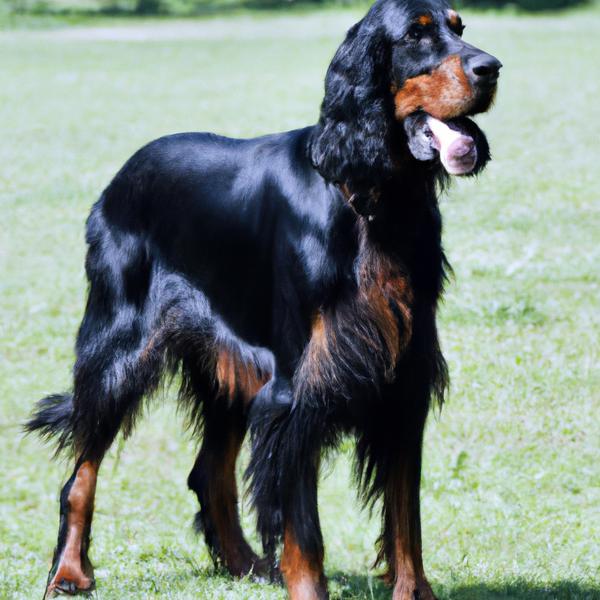
Gordon Setter
Africanis vs Gordon Setter
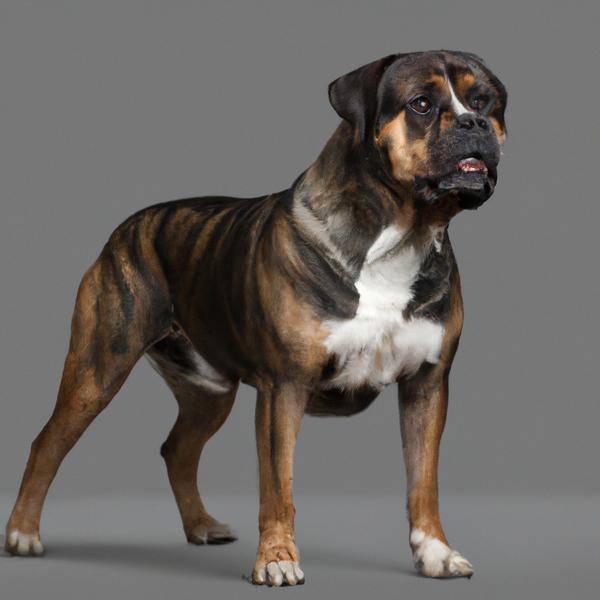
American Bandogge
Africanis vs American Bandogge
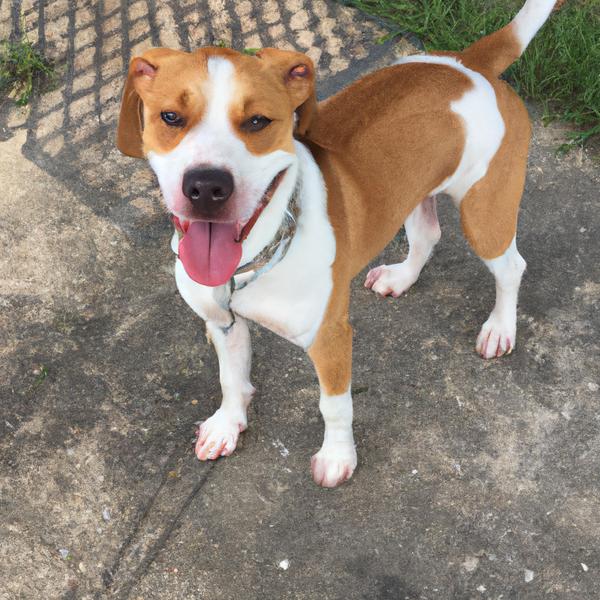
Beagle Pit
Africanis vs Beagle Pit
